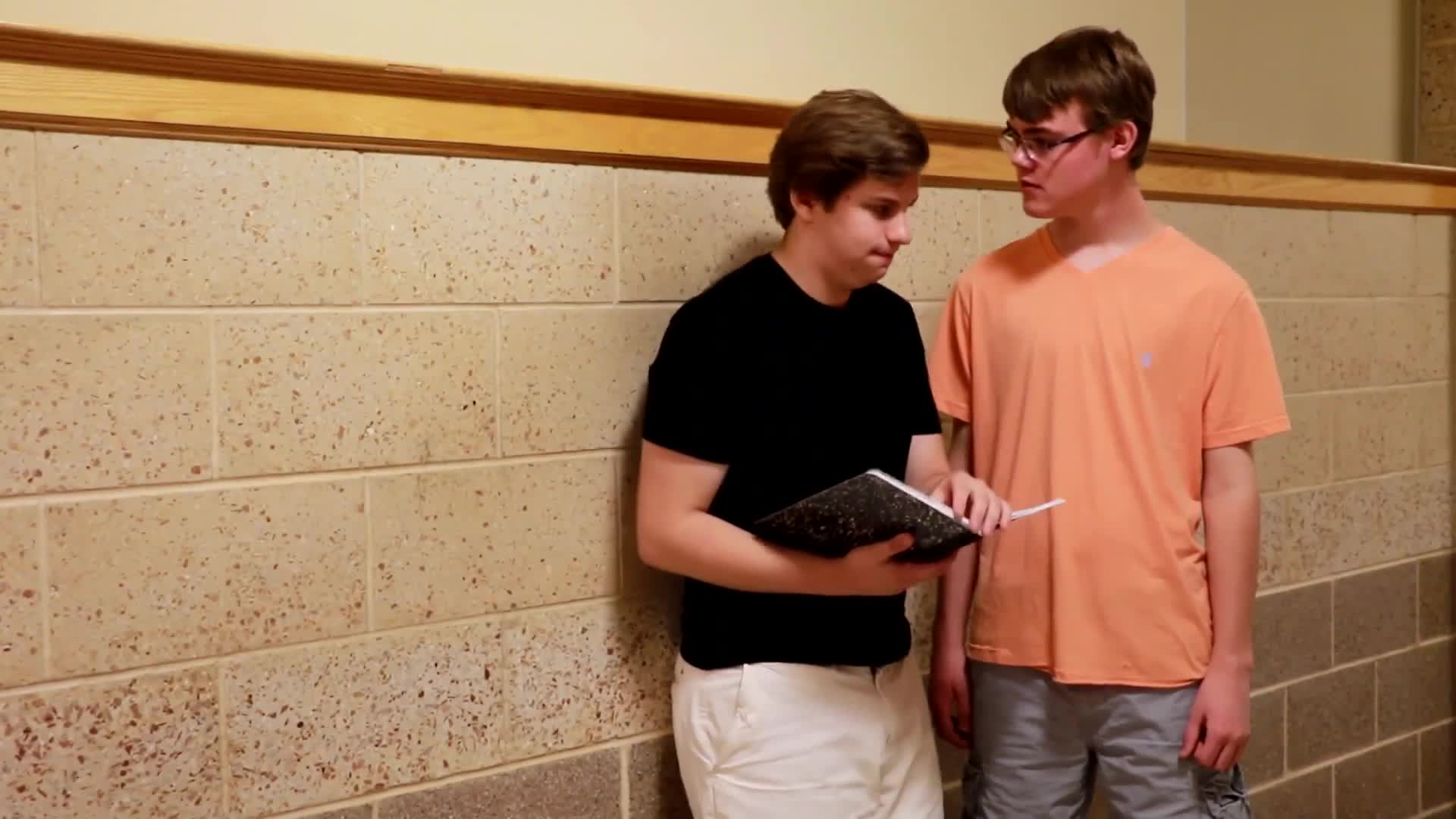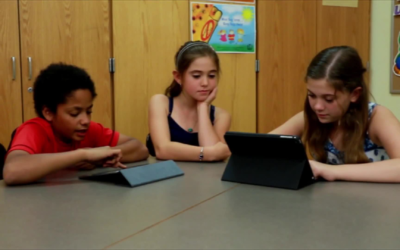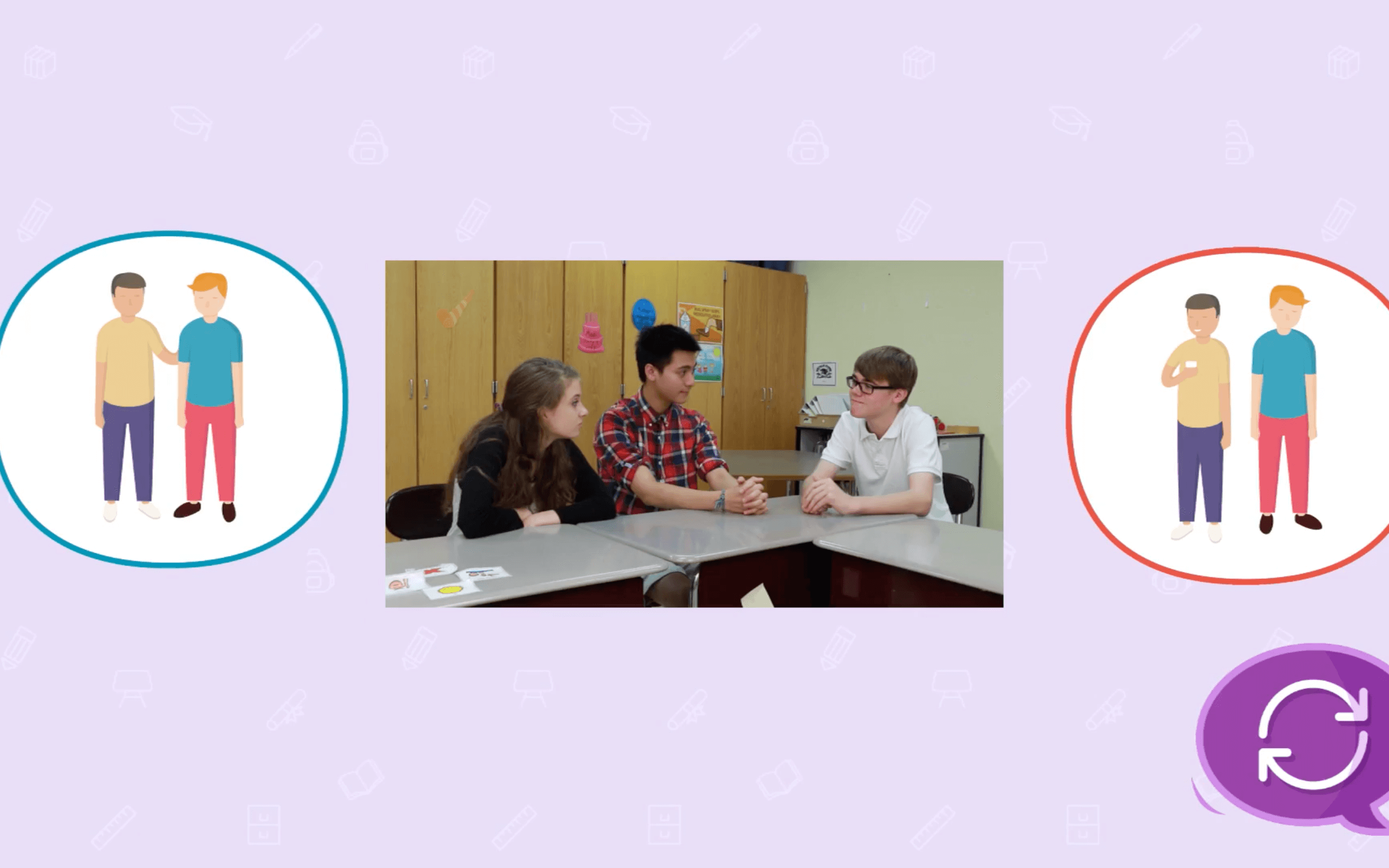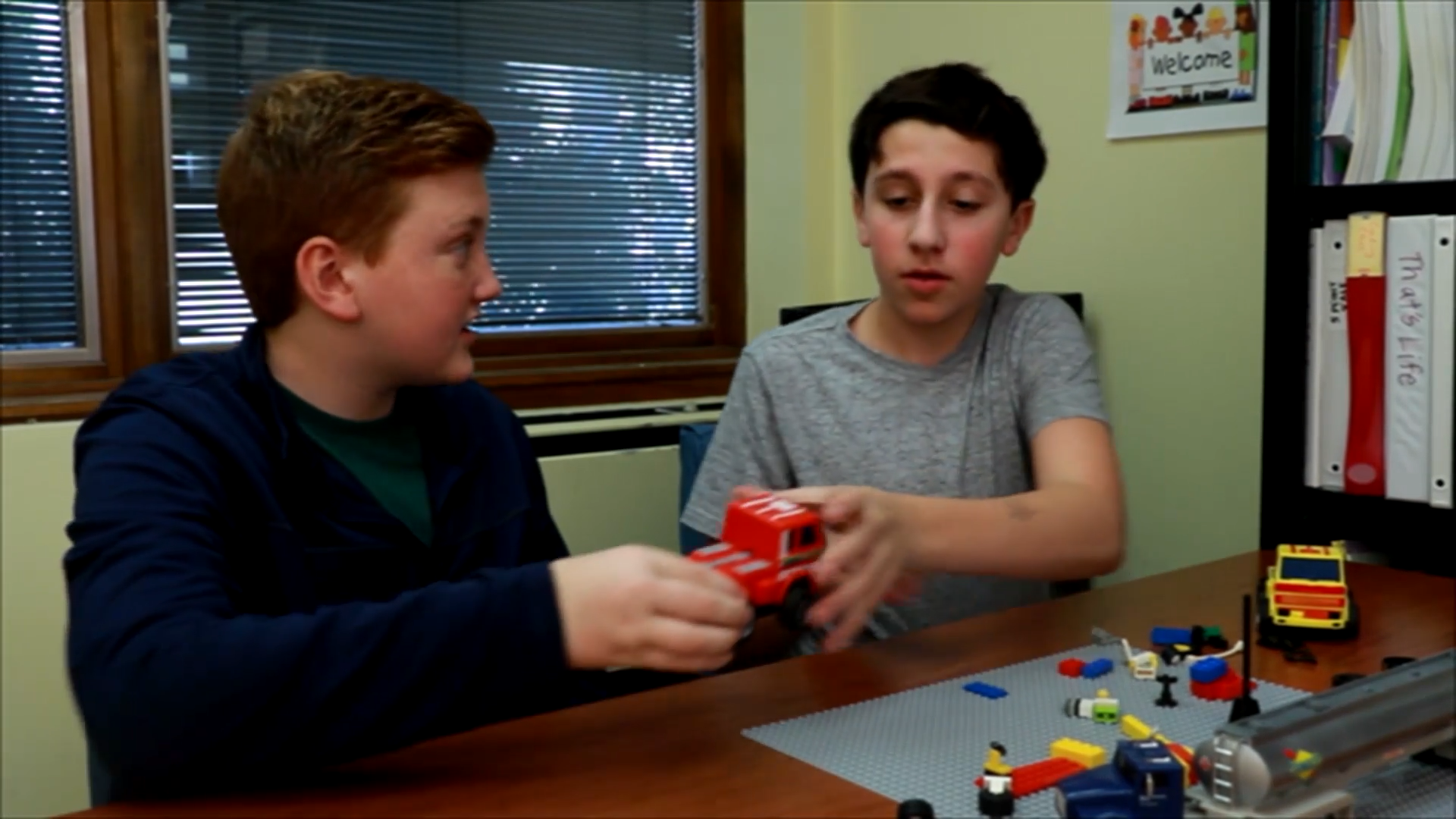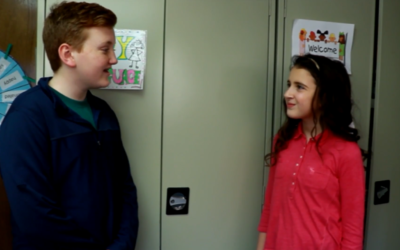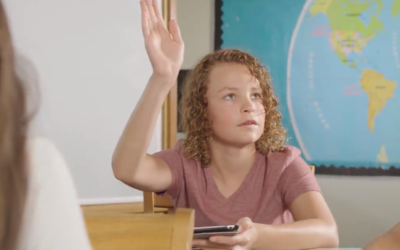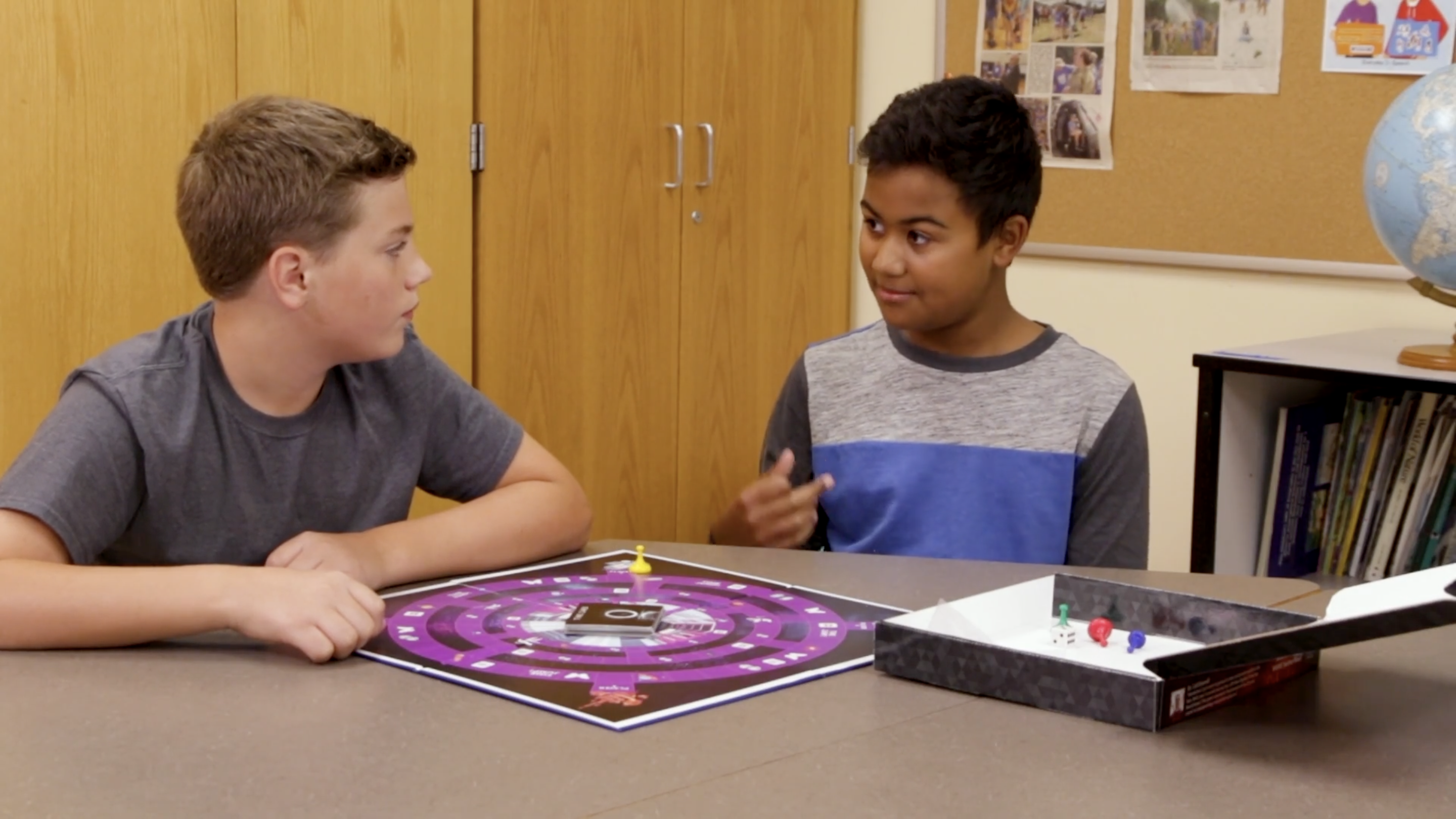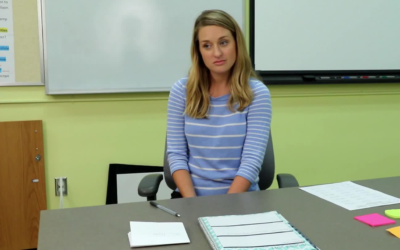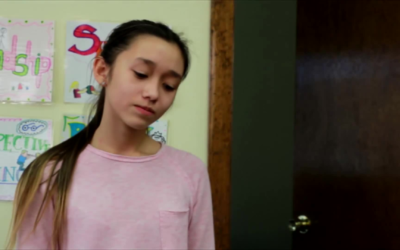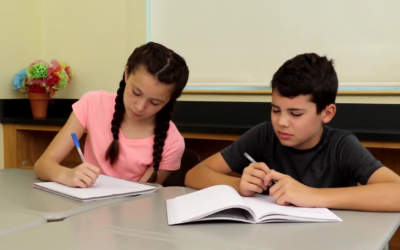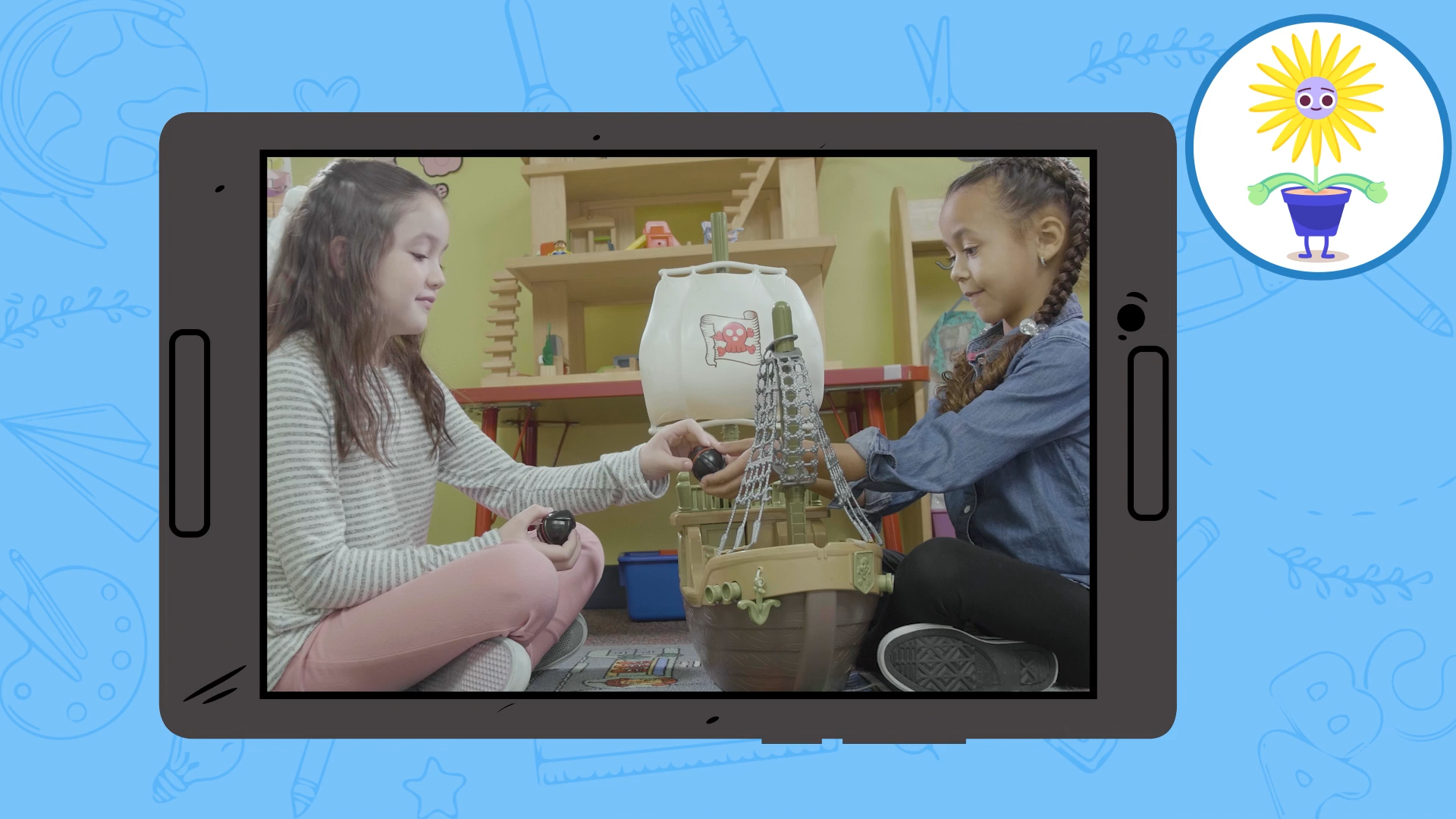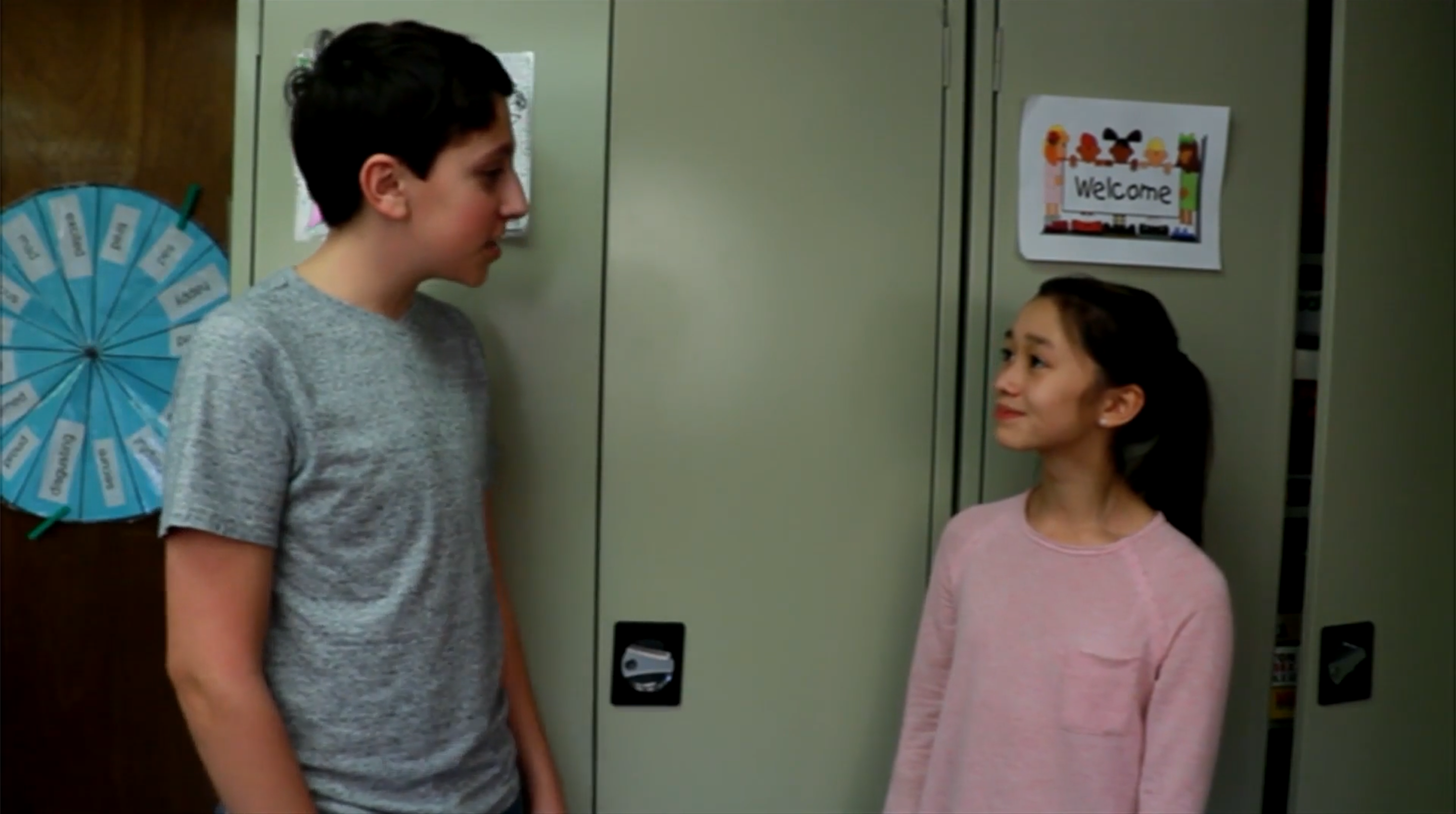Everyday Speech Blog
Social Skill Lesson Plans and Articles
No Results Found
The page you requested could not be found. Try refining your search, or use the navigation above to locate the post.
No-Prep Activities
Maintaining Personal Space: A Key Skill for Elementary Students
As educators, we understand the importance of teaching our students how to communicate effectively and comfortably with others. One often overlooked aspect of communication is maintaining an appropriate personal space. In this blog post, we will explore the importance...
How We Act in School Bingo: A Fun Activity for Elementary Educators
Introduction Teaching positive classroom behaviors is an essential part of creating a productive learning environment for elementary students. By incorporating principles of Social-Emotional Learning, educators can help students develop self-awareness,...
Two Sides: A Game to Teach Empathy to Middle School Students
Introduction Empathy is a vital skill that allows individuals to understand and share the feelings of others. It helps build positive relationships and fosters a supportive environment. In this blog post, we'll explore the concept of empathy, discuss an engaging...
Teaching Sharing and Turn-Taking Skills to Students in Special Education
Introduction Sharing and turn-taking are essential social skills that help students in special education build positive relationships with their peers. These skills promote cooperation, empathy, and understanding, which are crucial for their overall social-emotional...
Teaching Students in Special Education to Greet Peers
Introduction Greeting others is a crucial skill that not only helps us connect with others but also serves as a foundation for building and maintaining friendships. For students in Special Education, learning how to greet peers is an important step in developing their...
Helping Special Education Students Advocate for Learning Accommodations
Introduction Every student has unique learning, social-emotional, and sensory needs. In special education, it's crucial that these needs are met to ensure success in the classroom. Sometimes, students may not have the tools or strategies they require, and it's...
Teaching Compromise: A Guide for Special Education Educators
Introduction In the realm of social-emotional learning, teaching students the importance of compromise is crucial. Compromise helps maintain positive relationships and resolves conflicts quickly. This blog post will provide educators with an easy-to-implement, no-prep...
Empathy in Special Education: Activities and Skills to Foster Connection
Introduction Empathy is a crucial skill for students in special education, as it enables them to understand and connect with others' feelings, creating stronger bonds and healthier relationships. By incorporating empathy-building activities into daily routines,...
Teaching High School Students Indirect Communication Skills for Addressing Mistakes Respectfully
Introduction It's a fact of life that everyone makes mistakes, including adults like parents and teachers. In high school, students may sometimes need to point out mistakes made by their educators. It's crucial to teach them how to communicate these issues...
Teaching the Restaurant Rules: Enhancing Social Skills During Meals
As educators, it's important to help our students develop their social skills, especially during mealtimes. This blog post will introduce you to a concept called the Restaurant Rules, which can guide students on how to behave when eating with others. We will also...
Teaching Personal Space: A No-Prep Activity for PreK Educators
Introduction Personal space is an essential concept for young children to learn, as it helps them develop a sense of boundaries, respect, and empathy for others. By teaching students the importance of personal space, educators can help them build strong...
Teaching Kindergarten Students Self-Advocacy and Communication Skills
Introduction As educators, one of our primary goals is to help our students develop essential life skills that will empower them to navigate various situations with confidence. In this blog post, we will discuss a set of skills centered around self-advocacy,...
Taking a Break: Teaching Kindergarten Students the Importance of Self-Regulation
Introduction Teaching young children to recognize when they need to take a break is an essential skill in their development. This skill, which is a key component of Social-Emotional Learning, helps children develop self-regulation, manage their emotions, and engage in...
Teaching Students the Art of Introducing Themselves: A Guide for Educators
Introduction Introducing ourselves is an essential skill that allows us to create connections and start conversations with new people. As educators, it is our responsibility to teach students the art of introducing themselves effectively. This not only helps them...
Teaching Flexibility and Adaptability in Special Education: Activities and Discussions
Introduction As educators, we strive to equip our students with the skills they need to navigate life's challenges. One such essential skill is adaptability or flexibility. This ability to cope with changes in plans and expectations helps students maintain a positive...

